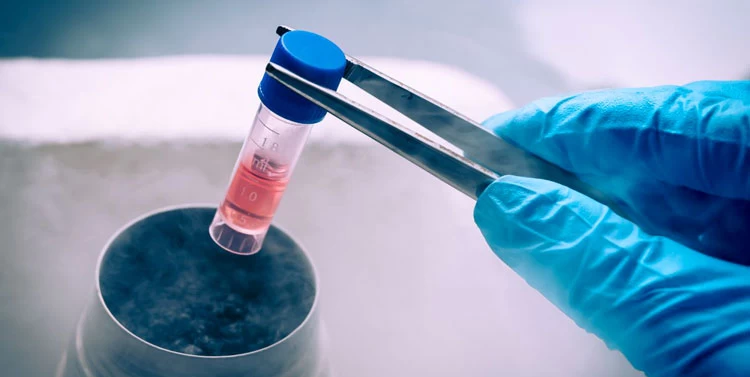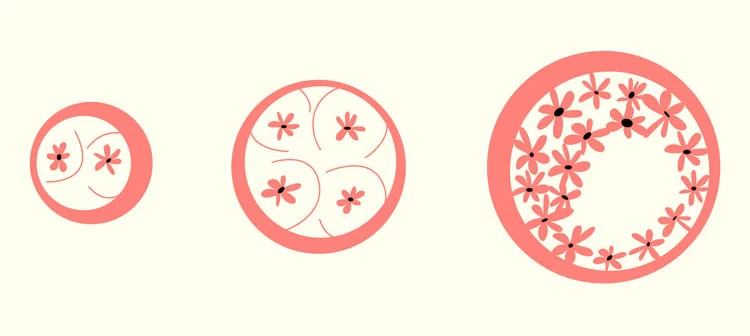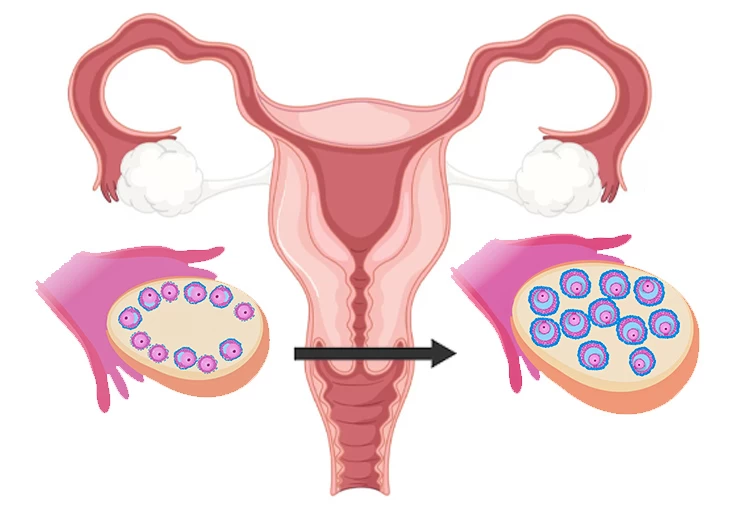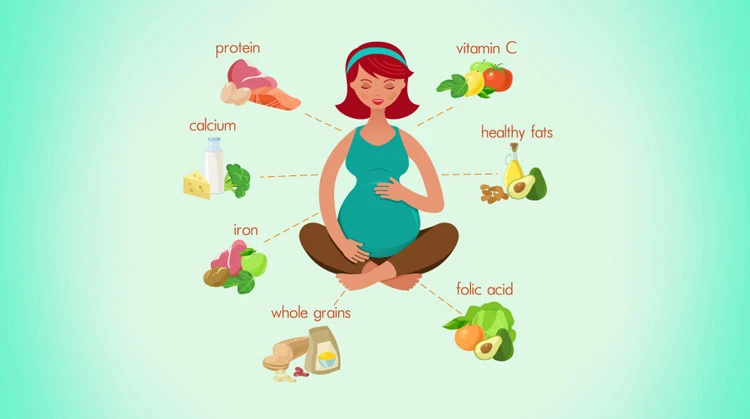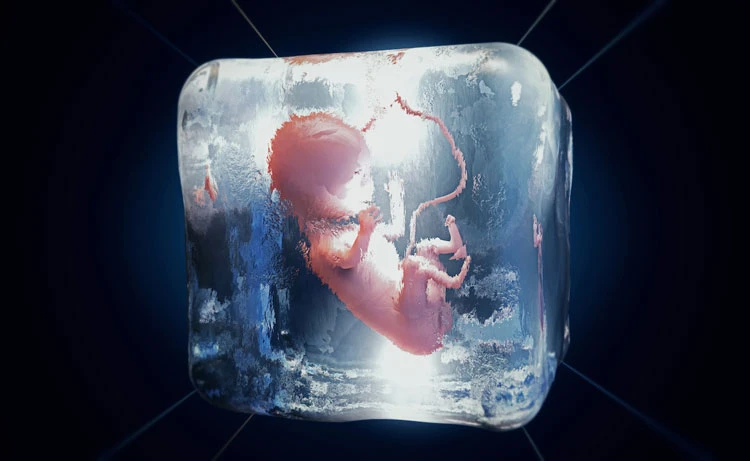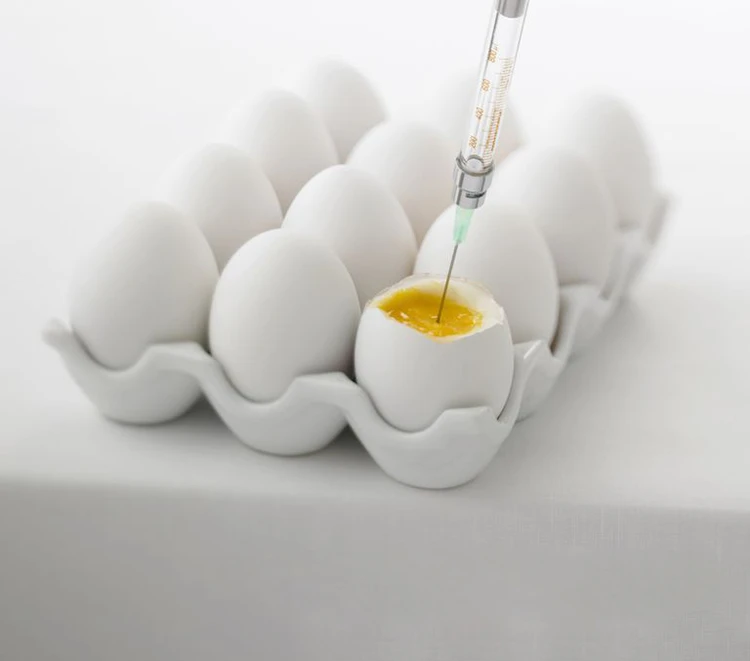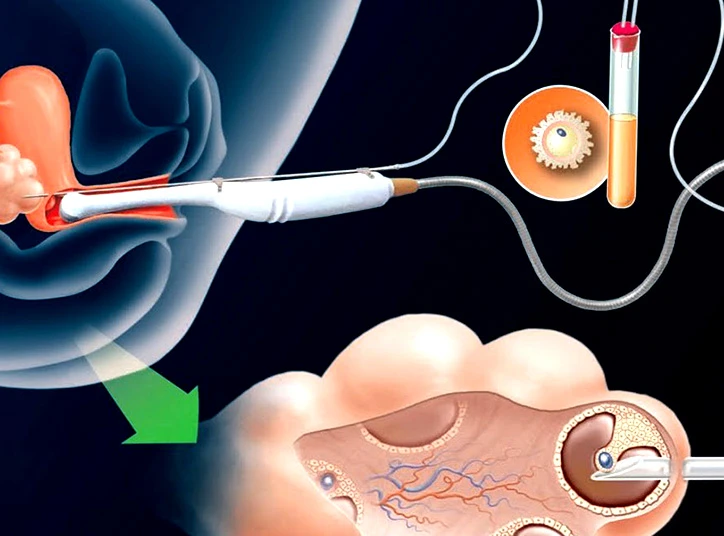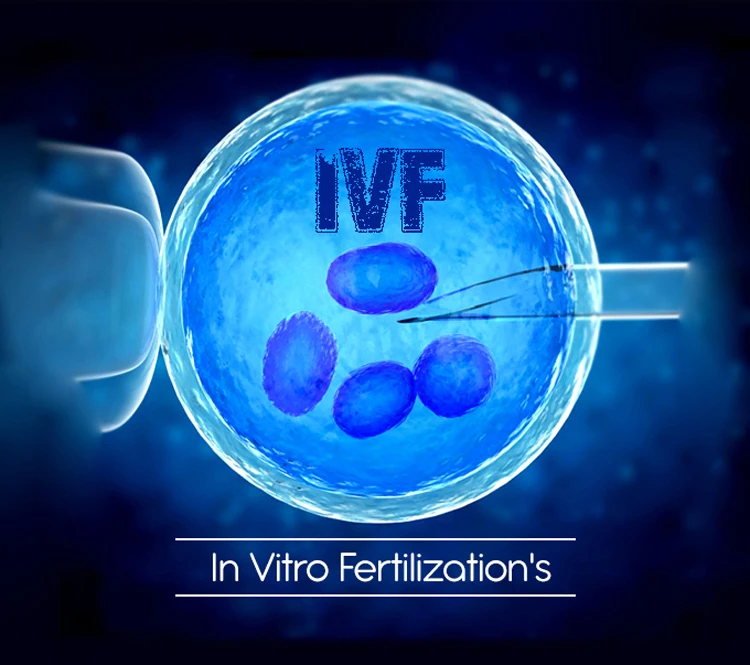Embryo freezing is done to preserve the embryos for future IVF or ICSIs. Frozen embryo transfer (FET) consists of 5 steps, starting from ovarian stimulation and ending with thawing and transferring the embryo to the mother's womb. A FET cycle takes 6 to 8 weeks, and its success rate is near %35.
Embryos are graded based on their cells' number and appearance, inner cell mass quality, trophectoderm quality, and degree of blastocyst expansion. Fertility specialists examine three or 5-day-old embryos under a microscope to grade them as excellent, good, average, and poor.
Ovarian hyperstimulation syndrome happens when the ovaries swell and leak. Pain in the lower abdomen, bloating, rapid weight gain, and upset stomach are the main signs of OHSS. The doctor can prevent the advancement of OHSS by cutting or reducing HCG medications, prescribing low doses of gonadotropins, adding certain medicines like aspirin and cabergoline to your diet, and freezing eggs for future IVFs.
A healthy eating pattern before embryo transfer boosts your immune system, improves blood flow in your uterus, and lowers the risk of gestational diabetes. You'd better have healthy fat, organic food, lean protein, plenty of fluids, and vitamin-rich foods, and avoid processed meat, refined sugar, raw food, soy-containing foods, and salty dishes.
IVF with frozen embryos is a perfect treatment for women over the age of 35 and couples who have a history of chromosomal abnormalities. In FET, the doctor first checks the endometrium with ultrasound imaging; second rinse the vagina to reduce the risk of infection; and finally, transfers the frozen embryo using a catheter. This operation takes 20 minutes, is painless, and has no complications.
The success of IVF depends on your activities, diet, and medications after embryo transfer. Although bed rest and using a wheelchair are unnecessary, you must limit your daily activities and avoid strenuous exercises post-embryo transfer. Also, have more legumes, chicken, and fresh vegetables, and take your prescribed medications on time.
Despite being helpful in stimulating ovaries to produce more eggs, IVF injections have some side effects. They may cause digestive problems, sudden weight gain, pelvic pain, breast tenderness, mood swings, and many more discomforts.
Egg retrieval means obtaining egg follicles from the ovaries by a needle. You should get enough rest, take your medications like antibiotics and painkillers on time, use progesterone supplements, inject calcium, etc. Also, you must avoid having intercourse for two weeks and quit smoking and drinking until your treatment is over.
IVF with donor eggs can help women with diminished ovarian reserve and poor egg quality to get pregnant. This treatment initiates with screening the egg donor and ends with transferring the embryo into the uterus. If the intended mother has a uterus or fallopian tube problem as well, the couple can use the surrogacy method.
Increase your chance of successful IVF by having it under the age of 35, choosing an experienced doctor, quitting your unhealthy habits, taking necessary tests like PGD, and taking folic acid supplements and multivitamins. Also, have your fallopian tubes, endometrium, and quality of your sex cells checked before undergoing IVF.
